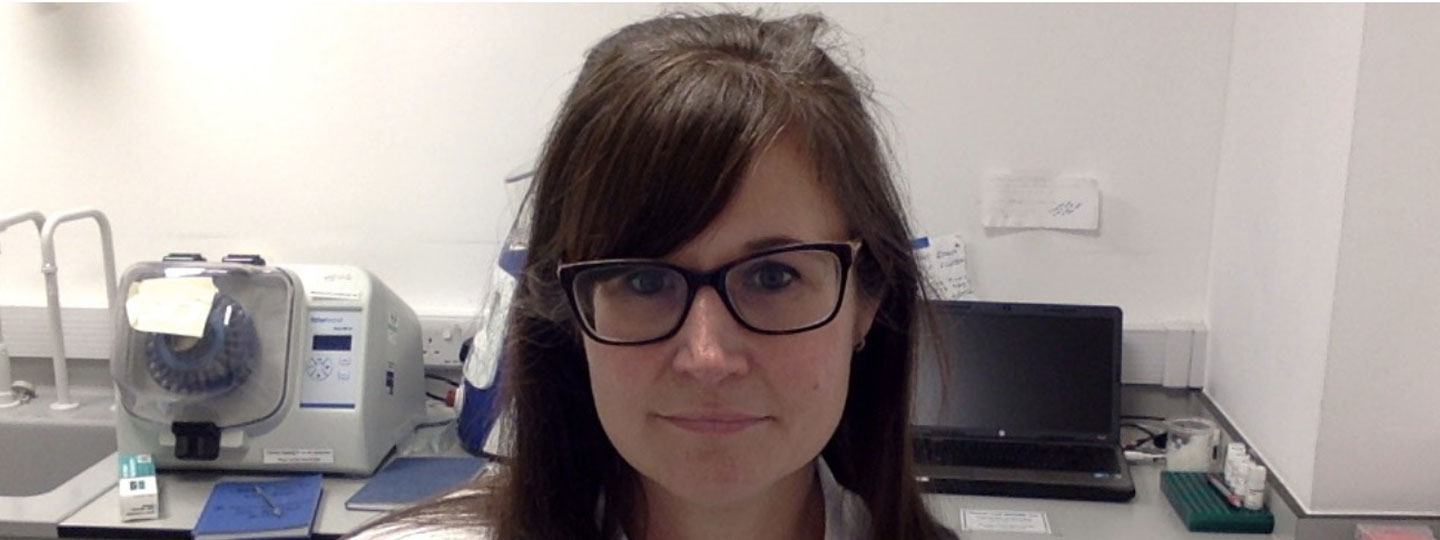How can our body clock influence arthritis symptoms?
28 October 2021
Our body clock is what regulates our 24-hour (circadian) rhythms and plays a key role in the following:
- sleeping patterns: when you wake up and sleep
- when you feel hungry
- regulating body temperature and
- the body's immune system.
What can we learn about arthritis by studying the body clock?
Studies have shown links between the body clock and arthritis symptoms. For example, some people with rheumatoid arthritis experience a ‘daily rhythm’ where symptoms such as pain and stiffness are noticeably better or worse at certain times of the day or night.
It’s thought this may be connected to our body clock, but it’s not well understood how this internal clock influences rheumatoid arthritis and symptoms.
What are the research findings?
Research led by Dr Julie Gibbs at the University of Manchester has been exploring in more detail the link between inflammation and the body clock.
Her initial research has shown that in mice, inflammatory markers within the inflamed joint varied through the day. They observed a peak in inflammation-causing molecules during the light phase (the rest phase for nocturnal rodents).
This is in keeping with data from people with rheumatoid arthritis, where inflammation markers and joint stiffness peak during the early morning, at the end of the rest phase. It’s not yet clear however, how the immune cells responsible for these producing inflammatory markers are influenced by the body clock.
What’s new?
Recent work published by Dr Gibbs in Nature Communications, helps us to understand the daily changes in the immune cells found in the inflamed joint, which appear to be driven by body clock rhythms.
This information could help us to understand and treat inflammation in rheumatoid arthritis and related inflammatory conditions.
Researchers have discovered:
- Rheumatoid arthritis supresses daily rhythms in some immune cells. Numbers of pro-inflammatory macrophage and neutrophil cells (immune cells which contribute to inflammation) were higher in inflamed joints, but the cells showed disruptions in their clockwork machinery.
- Importantly, the research also found that anti-inflammatory immune cells known as ‘regulatory T cells’ show a daily rhythm, with their numbers peaking during the night. This could explain the “peaks” of inflammation markers and variation in symptoms throughout the day. Furthermore, this could be why some people experience relief from inflammation at night-time.
- The regulatory T cells appear not to have their own ‘clock’, but instead their daily changes in activity are driven by rhythmic external cues generated by the body clock.
How will this knowledge help people with arthritis?
The research helps us to understand:
- how the body clock influences the immune cells responsible for joint inflammation in rheumatoid arthritis.
- the daily rhythms in rheumatoid arthritis symptoms, with the low point of inflammation in the night helped by activity of regulatory T cells, driven by the ‘body clock’.
Better understanding the activity of the immune system throughout the day and night could help us to better target treatment for people with rheumatoid arthritis and other inflammatory conditions.
Altering the timing of administration of existing drugs could help maximise their impact and minimise long-term damage to the joints. The timing of daily symptoms also needs to be considered when testing new drug treatments in clinical trials.
A basic understanding of the link between inflammatory processes and body clocks may also allow scientists to develop new, targeted drugs to more effectively treat rheumatoid arthritis.
What’s next for this research?
Dr Julie Gibbs was recently awarded a Versus Arthritis senior research fellowship to continue her research. Her work will include looking the link between the body clock, rheumatoid arthritis symptoms and the bacteria in the gut, known as the microbiome.
Read more about Dr Julie Gibbs’ research into rheumatoid arthritis symptoms and the body clock.
We’re here whenever you need us.
- If you would like to talk to someone, you can call our free helpline on 0800 5200 520
- Chat to our Arthritis Virtual Assistant
- Join our online community
- Stay in touch and follow us on Twitter, Facebook and Instagram.
You might also be interested in...
-
Do bacteria in our gut influence arthritis?
It’s known that the microbiome helps to regulate inflammation and disease, and it has long been suggested that they may affect our immune system and contribute to diseases, including inflammatory arthritis.
-
Dr Daniel Whibley explores sleep, exercise and pain
Dr Daniel Whibley shares why research into the role of exercise and sleep is vital to help manage of chronic pain.